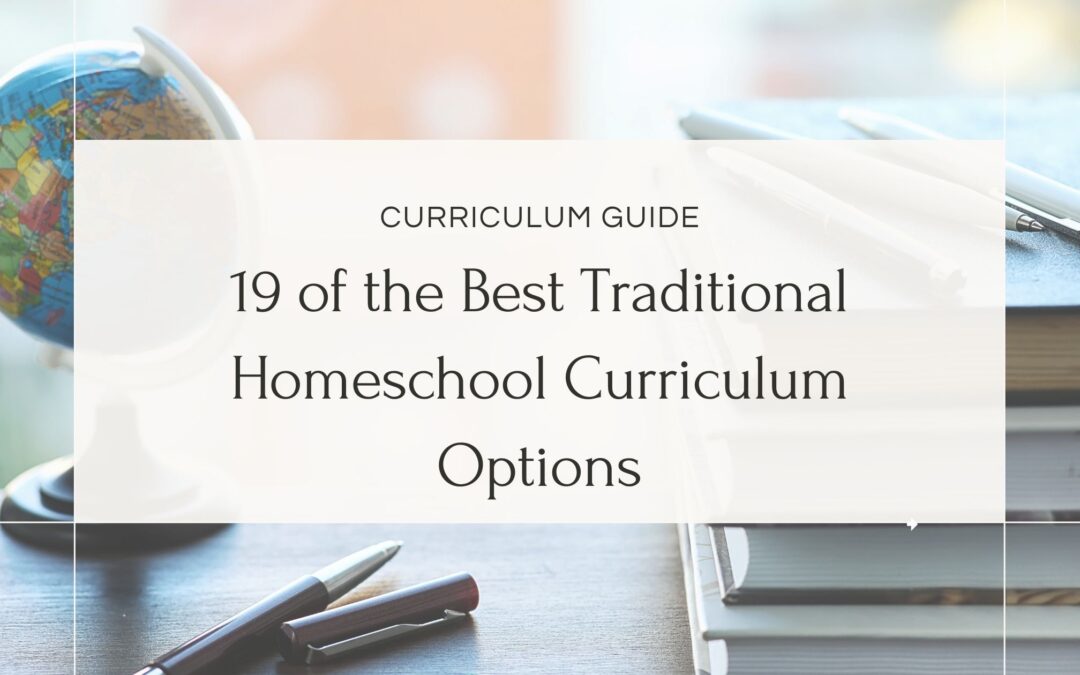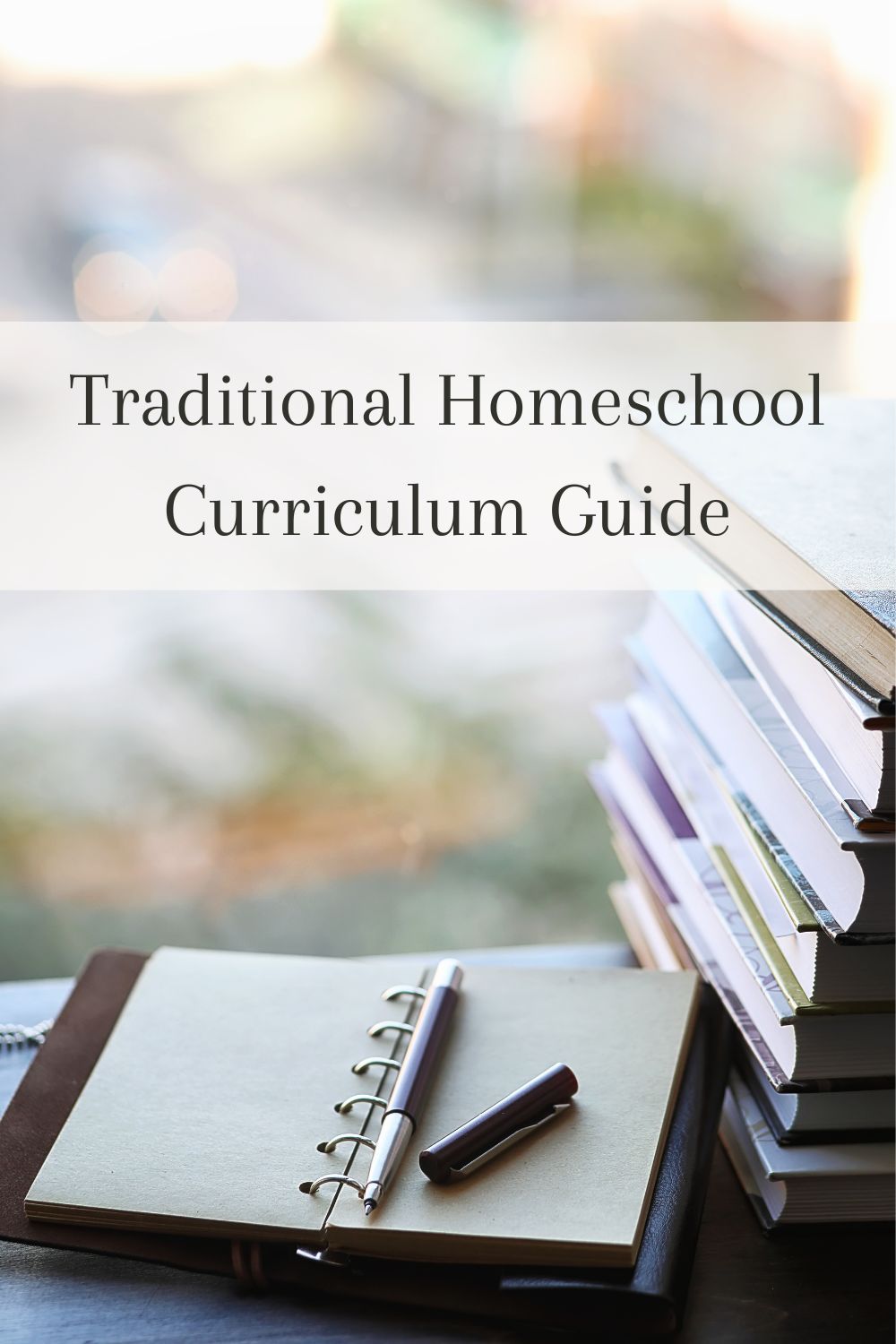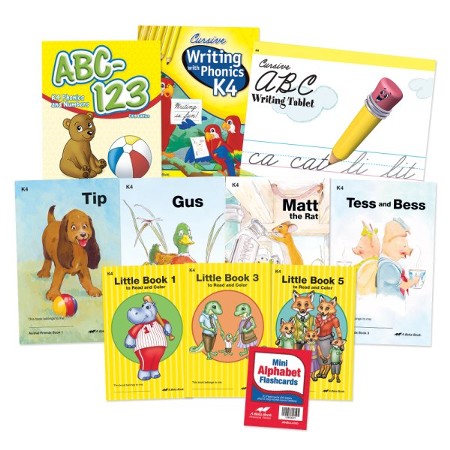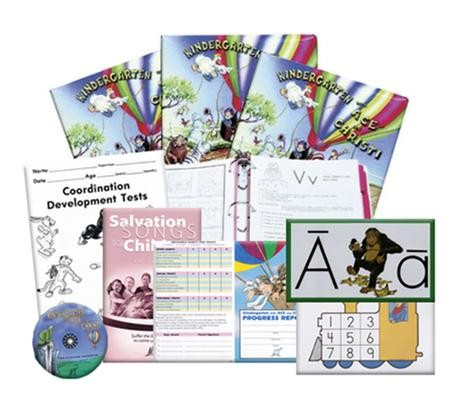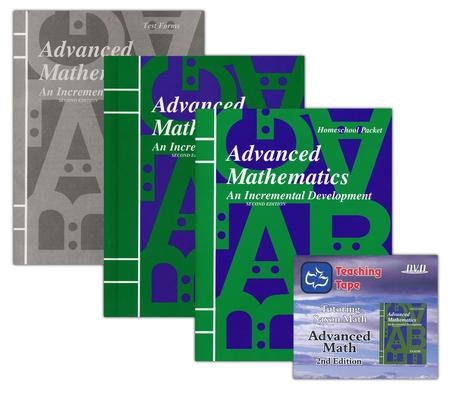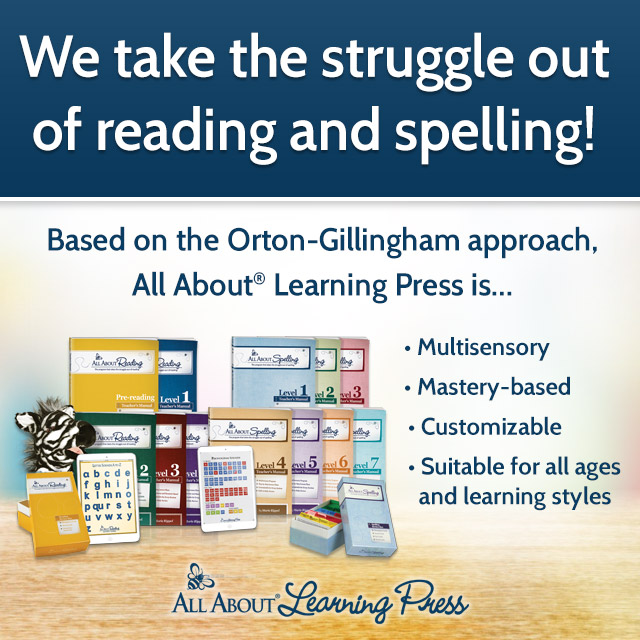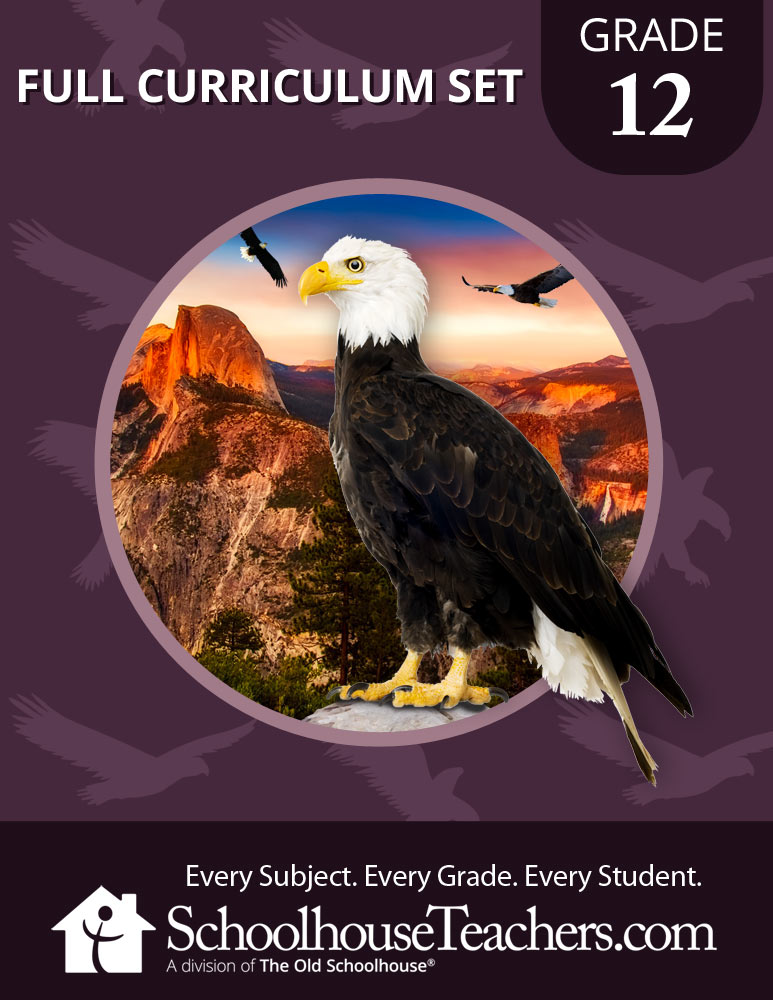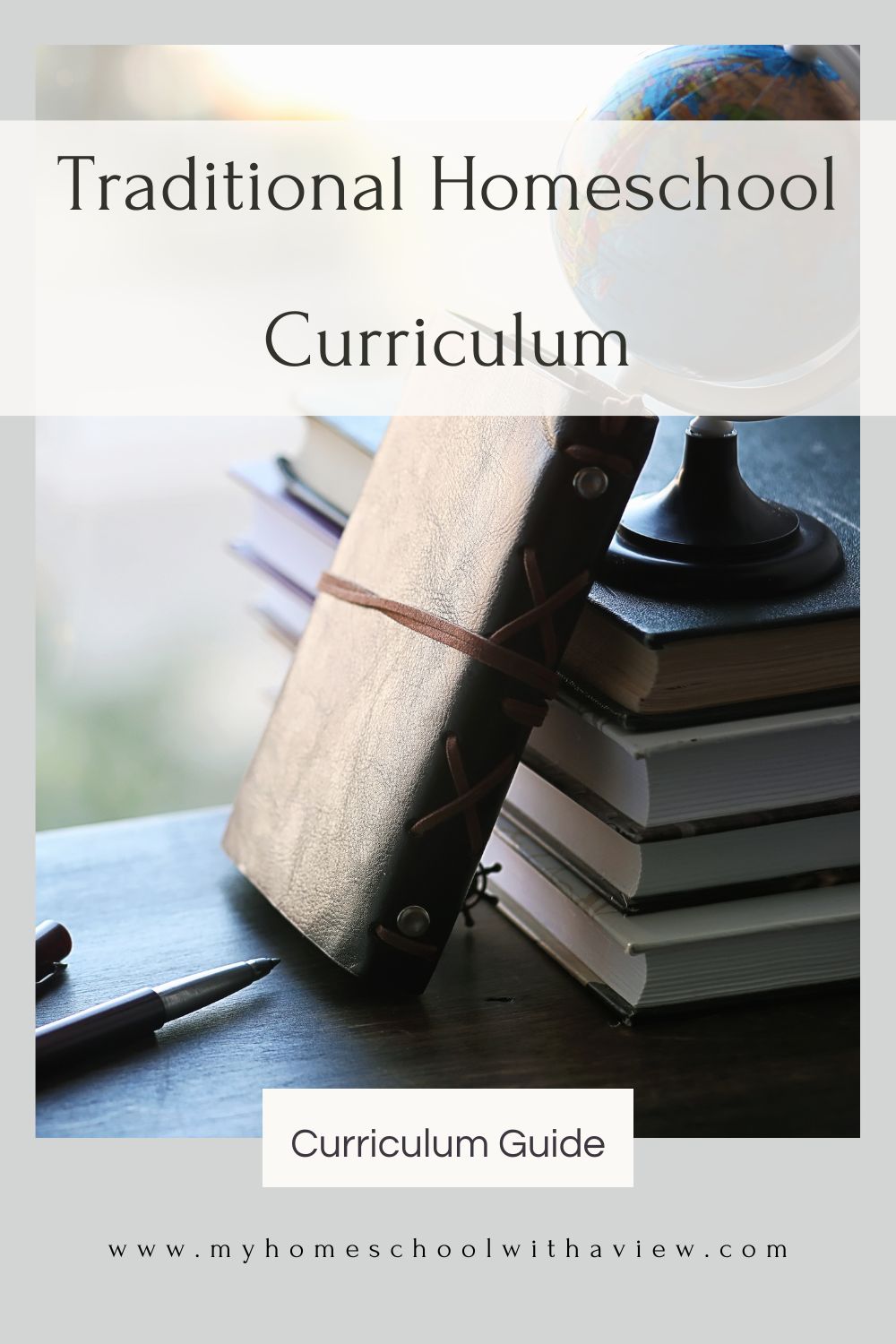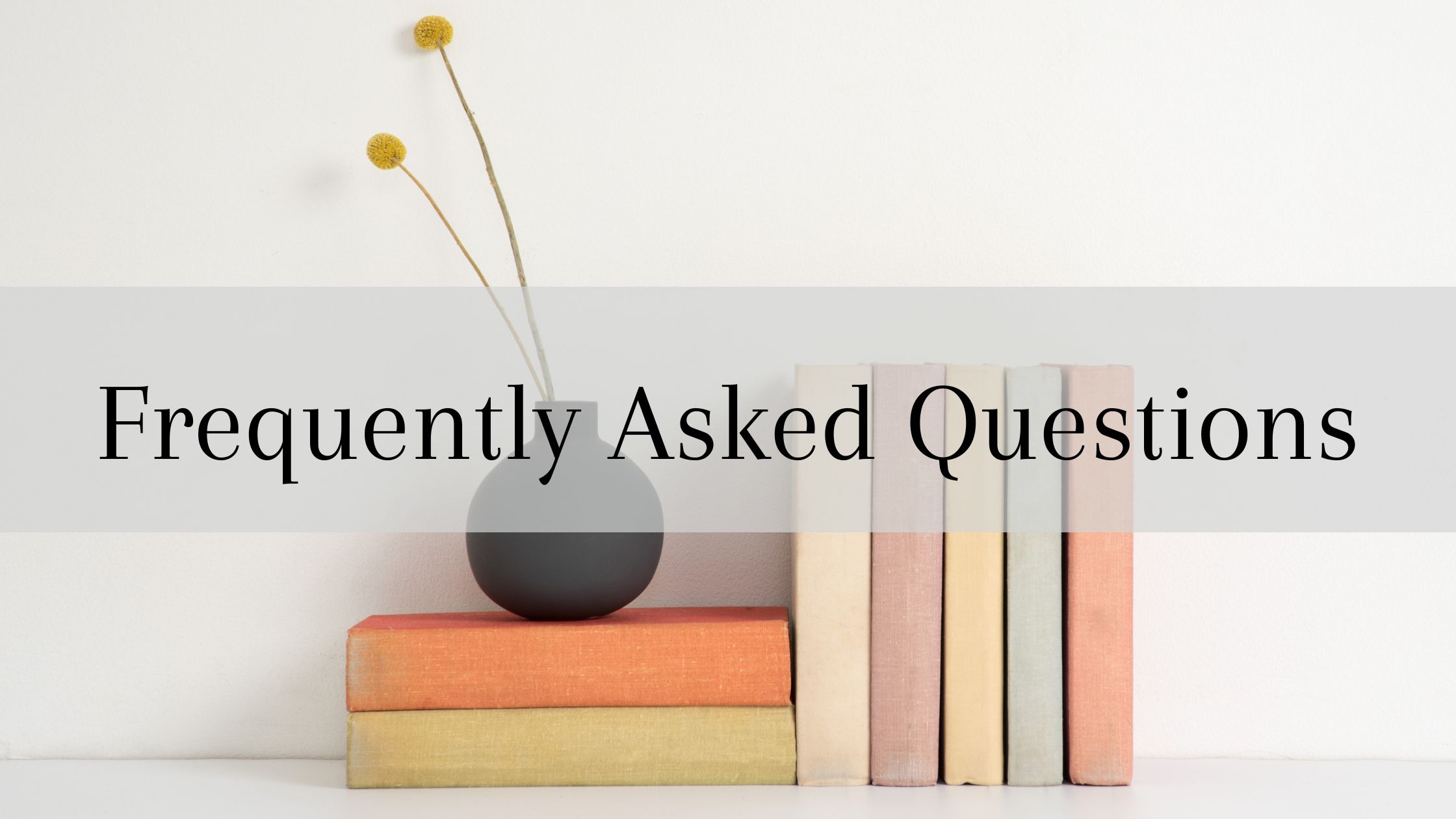This post is a guide to traditional homeschool curriculum.
The traditional homeschooling style, often referred to as school at home, is defined by structured curriculum and schedules. One of the benefits of choosing this method for your homeschool is that traditional homeschool curriculum choices are plentiful.
Even though traditional homeschool curriculum is often structured, there is flexibility and choice within that structure. While all of the publishers you will learn about in this post cater to a traditional homeschool style, you will find that they differ from each other.
What this means for you is that you can benefit from the structure of a traditional homeschool curriculum while still finding the best fit for you and your kids.
Whether you are looking for christian homeschool curriculum or choosing secular homeschool curriculum, you have options with traditional homeschool curriculum.
This guide will explore various curriculum publishers, offer tips on choosing the right curriculum, and provide strategies for shopping for your materials.
Understanding Traditional Homeschool Curriculum
Traditional homeschool curriculum closely mirrors the structure and content of public and private school programs. It typically includes textbooks, workbooks, teacher’s guides, and standardized testing materials. The traditional approach often appeals to parents and students who thrive on routine and a clearly defined academic path.
Related: Everything You Need to Know About Traditional Homeschooling
Top Traditional Homeschool Curriculum Publishers
Several publishers specialize in traditional homeschool curriculum, offering comprehensive programs across various grade levels and subjects. Here are some of the best traditional curriculum for homeschool:
Christian Homeschool Curriculum
1. Abeka
Known for its rigorous and comprehensive curriculum, Abeka offers materials from preschool through high school, emphasizing a Christian perspective. Their programs include detailed lesson plans, textbooks, and video lessons.
2. BJU Press
Another Christian-based curriculum, BJU Press provides a well-rounded education with a focus on critical thinking and a biblical worldview. They offer options for distance learning, including online classes and video lessons.
3. Christian Light Education
Christian Light offers full homeschool curriculum options for grades K-12. Read about their Language Arts program here, and their reading program. CLE offers one of the easiest to use, open and go homeschool programs.
Related: Homeschool Reading Adventures with Christian Light Education
4. Alpha Omega Publications (AOP)
AOP offers several product lines, including the popular Lifepac series, which is a mastery-based curriculum that allows students to work independently through worktexts in various subjects.
5. Christian Liberty Press
This company is based out of a private Christian school and they provide curriculum packages for homeschooling. While they publish some of their own materials, they also pull from publishers like Abeka and BJU Press as part of their packages.
6. Master Books
Integrates faith and academics by offering a Christian-based education with a focus on young earth creationism, providing engaging and easy-to-use materials that promote a biblical worldview across various subjects.
Related: Intro to Biblical Greek
7. ACE
A self-paced, biblically-based program that emphasizes individual learning and mastery of subjects through workbooks called PACEs, designed to foster independent study and character development from a Christian perspective.
8. Apologia
A Christ-centered, creation-based approach to science education, providing comprehensive, hands-on learning materials that inspire students to explore and understand the world from a biblical perspective.
9. Berean Builders Science
Combines a historical approach with hands-on experiments, offering a Christian perspective on scientific concepts and discoveries throughout history, designed to engage and educate students in a chronological context.
Non-Religious Homeschool Curriculum Options
10. Saxon Math
Renowned for its incremental approach to mathematics, Saxon Math provides a solid foundation in math skills, with regular review and practice to ensure mastery.
11. All About Learning Press
All About Reading and All About Spelling fall into the traditional homeschool curriculum category, but they aren’t what you might typically expect from traditional homeschool curriculum. The lessons are teacher led with targeted practice, but there isn’t much writing or worksheets involved. Both of these programs are excellent for struggling learners, but are also beneficial to typical learners.
12. Evan Moor Workbooks
These workbooks are great for choosing individual subjects or putting together a complete homeschool curriculum.
13. Essentials in Writing and Essentials in Literature
Comprehensive, step-by-step instruction in writing and literary analysis, focusing on clear, engaging lessons that develop students’ composition skills and critical thinking through structured and incremental learning.
14. Critical Thinking Company
Focuses on developing critical thinking skills through engaging, logic-based activities and lessons, designed to enhance problem-solving abilities across core subjects for students of all ages.
Online Homeschool Curriculum
15. Schoolhouse Teachers
This is a homeschool membership site that gives you access to curriculum for the entire family. You can choose from their library of courses to put together a complete curriculum for all grade levels, or choose one of their boxes (not physical curriculum) where it is done for you. This is one of the most budget friendly homeschool curriculum options available, especially while homeschooling multiple kids.
16. Mr. D Math
Offers more than just math in an interactive and engaging online curriculum for middle and high school students, emphasizing clear instruction and practical application to build confidence and mastery in mathematics.
Related: Excellent Self-Paced Geometry for Homeschool with Mr. D Math – My Homeschool with a View
Live Online Classes: Mr. D Math Training Like an Olympic Runner
17. CTC Math
Provides a comprehensive, online math curriculum for K-12 students, featuring self-paced video tutorials and interactive exercises designed to foster independent learning and mastery of mathematical concepts.
Related: You Can Homeschool Even If You Aren’t a Math Expert
Free Homeschool Curriculum
18. Easy Peasy All In One Homeschool
Offers a free, comprehensive, Christian-based online curriculum that covers all core subjects, providing a flexible and user-friendly educational resource for students from preschool through high school.
19. Core Knowledge Curriculum
This secular homeschool curriculum for preschool through 8th grade is available as a free download. This is a great resource if you are trying to homeschool on a budget.
How to Choose a Traditional Homeschool Curriculum
Selecting the right curriculum involves several key considerations:
1. Learning Style: Assess your child’s learning style. Are they visual, auditory, or kinesthetic learners? Traditional curricula often cater to various styles, but some may be more textbook-focused while others incorporate multimedia elements.
2. Academic Goals: Consider your long-term academic goals. Are you preparing for college, vocational training, or something else? Ensure the curriculum aligns with these objectives.
3. Religious Perspective: Decide if you want a secular or faith-based curriculum. Many traditional homeschool programs incorporate religious teachings, so choose one that matches your family’s beliefs and values.
4. Teaching Commitment: Evaluate your availability and willingness to teach. Some curricula require significant parental involvement, while others offer more independent study options.
5. Budget: Determine your budget for homeschooling. Traditional curricula can vary widely in cost, so consider initial expenses as well as ongoing costs for materials and updates.
How to Shop for Homeschool Curriculum
Once you’ve identified the right curriculum, it’s time to make your purchase. Here are some strategies for shopping effectively:
1. Research and Reviews: Read reviews from other homeschooling families to gauge the effectiveness and quality of the curriculum. Websites like My Homeschool with a View, forums, and social media groups can provide valuable insights.
2. Sample Lessons: Many publishers offer sample lessons or preview materials. Take advantage of these samples to ensure the curriculum is a good fit for your child. You can often tell just from viewing a curriculum sample if it will be a good fit for you and your kids.
3. Used Curriculum: Consider purchasing used materials to save money. Websites like eBay, Homeschool Classifieds, and local homeschool groups often have used curriculum for sale.
4. Sales and Discounts: Look for sales, discounts, and bundle deals. Publishers often have sales throughout the year, and you can sign up for newsletters to receive notifications about special offers.
5.Homeschool Conventions: Attend homeschool conventions and fairs. These events provide opportunities to meet with publishers, review materials in person, and often offer convention-only discounts.
6. Digital Options: Explore digital curriculum options. Some publishers offer digital versions of their textbooks and workbooks, which can be more affordable and convenient. This is especially true if you have two kids working in the same grade level or you want to use the same curriculum in the future.
Frequently Asked Questions (FAQ) About Traditional Homeschool Curriculum
1. What is a traditional homeschool curriculum?
A traditional homeschool curriculum follows a structured approach similar to that of public or private schools. It typically includes textbooks, workbooks, teacher’s guides, and standardized testing materials. This approach provides a consistent framework and clear academic path for students.
2. What are the benefits of using a traditional homeschool curriculum?
The benefits include a structured learning environment, comprehensive coverage of subjects, ease of use with pre-planned lessons, and alignment with educational standards. It can be particularly beneficial for families who prefer a clear, predictable schedule and want to ensure all educational requirements are met.
3. How do I choose the right traditional homeschool curriculum?
Consider your child’s learning style, your academic goals, the religious perspective you prefer (if any), the level of parental involvement required, and your budget. Research various publishers, read reviews, and, if possible, review sample materials to determine the best fit for your family.
4. Are there traditional homeschool curricula that accommodate different learning styles?
Yes, many traditional homeschool curricula offer materials that cater to various learning styles. For example, some use visual aids and multimedia resources, while others incorporate hands-on activities and interactive lessons. It’s important to review the curriculum components to ensure they match your child’s preferred way of learning.
5. How much does a traditional homeschool curriculum cost?
The cost can vary widely depending on the publisher, grade level, and additional resources required. School in a box programs can range from a few hundred to over a thousand dollars per year. Creating your own curriculum can be more budget-friendly, but it requires more time and effort to source materials.
6. Can I mix and match different traditional curricula?
Absolutely. Many homeschooling families use a combination of curricula from different publishers to better meet their children’s needs. This allows for customization and can address specific strengths and weaknesses in various subjects.
7. What support is available for traditional homeschool curricula?
Many traditional curriculum providers offer extensive support, including teacher guides, lesson plans, grading assistance, and access to online communities or customer service. Some also provide video lessons, online classes, and tutoring services.
8. Is traditional homeschool curriculum suitable for high school students?
Yes, traditional homeschool curricula are available for all grade levels, including high school. These programs often include rigorous coursework, elective options, and preparation for standardized tests like the SAT or ACT. They can also help students meet college admission requirements.
9. How do I handle assessments and grading with a traditional homeschool curriculum?
Most traditional homeschool curricula include assessment tools such as quizzes, tests, and grading rubrics. Teacher guides often provide detailed instructions for grading and record-keeping. Some programs also offer online grading services or support from certified teachers.
10. Can a traditional homeschool curriculum be used for special needs students?
Many traditional curricula can be adapted for special needs students. It’s important to choose materials that are flexible and provide the necessary accommodations. Some publishers offer specific resources or support for special needs education. Additionally, customizing a curriculum allows for more personalized adjustments.
11. Where can I purchase traditional homeschool curriculum?
Traditional homeschool curricula can be purchased directly from the publisher’s website, through online retailers, at homeschool conventions, or via used curriculum sales from other homeschooling families. It’s also beneficial to explore digital options and online marketplaces.

